Rising from the Ashes: Navigating Burnout and Rediscovering My Passion

I'm the guy who had been burning way earlier it became trending.
One day I almost dropped the profession and ruined all that I had. Fortunately, just like the phoenix rising from its ashes, I've managed to come back.
More than 4 years have passed since I was at the bottom. But I still experience flashbacks of those times.
Now, when I'm luckily feeling almost fine almost all the time, I can provide a retrospective view of what was happening to me during these years and better understand the reasons and the origins to avoid it in the future.
What Led Me to a Burnout
Depression doesn't often happen by itself. One should have a health predisposition that must be triggered by outer circumstances.
I've tried to figure out the origins and remember times when I was not experiencing any kind of depression signs. I've tried to remember and make up a timeline for almost the last 10 years with all possible triggers.
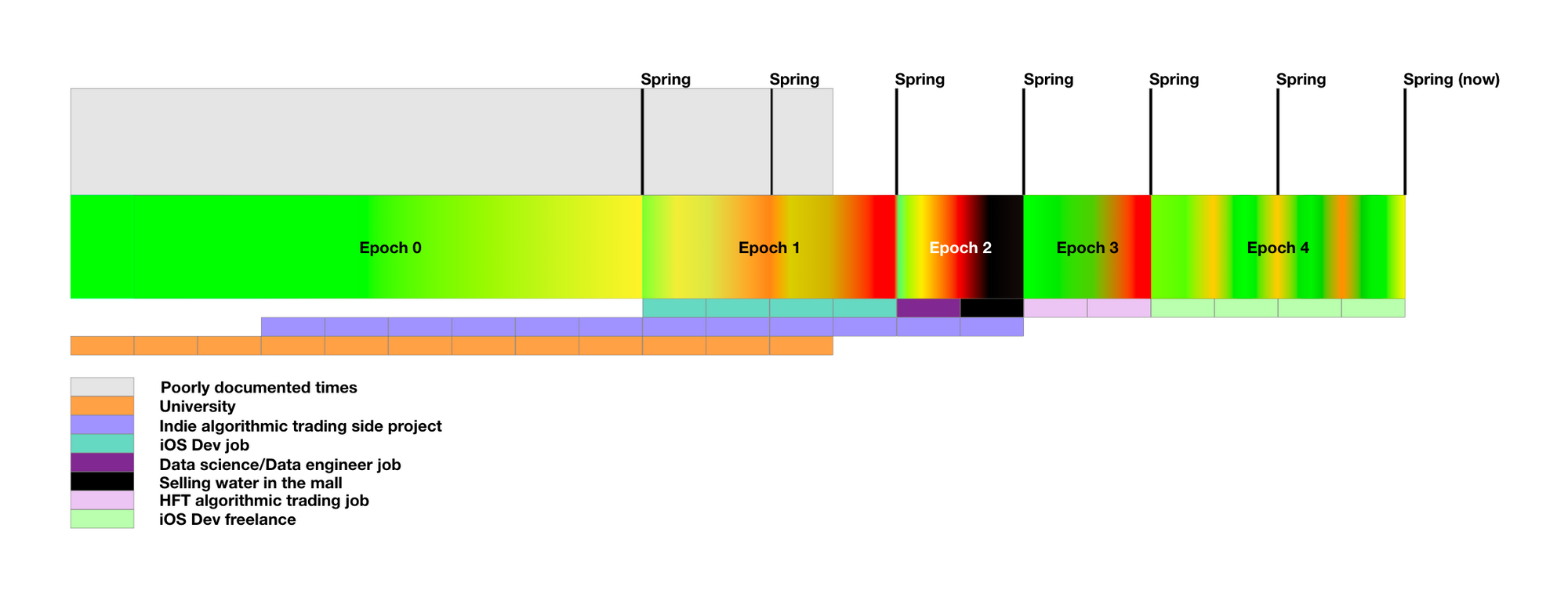
Epoch 0 — University Milestone
At this stage I only had some early signs of a quarter-life crisis like almost everyone has at this age.
You are young. Facing crossroads every other day. Have neither confidence in the future nor an idea of how to live a life.
Nothing special.
I was studying at the faculty of Math, Mechanics, and Computer Science and it was a somewhat challenging and stressful thing by itself.
There were two legendary professors and a belief about them. They were the hardest bosses of the faculty and if they happened to take an exam, there was a very little chance that you would pass.
I was lucky to study at both of them.
Once we had an exam when 52 out of 60 students simply didn't pass and had to re-try after the summer vacation.
Tough times because if you don't pass you get expelled.
While I was studying, I got interested in quantitative finance and financial markets. I started carrying out some research on financial data, learned how to code, and started developing automated trading algorithms and even deploying them on real money.
Not significant amounts of money, but enough sums for me as a student to make my life a bit more stressful.
Epoch 1 — Work and Study
I graduated with a bachelor's degree and enrolled in a master's degree program in CS.
A few months later it started to seem too boring for me so I also got a job as an iOS developer. It was a full-time onsite job in the office. Not a 9 to 5, but 11 to 7.
I had an incredible level of energy those days.
I worked full-time, studied full-time on my master's degree program, and attended gym 2-3 times a week.
In my spare time, I had a side project in finance. I was working on an automated trading framework, carried out research and data analysis, and developed algorithmic trading strategies.
Yes, I also had life on the weekends.
I have no idea how I managed to attend classes, looks like I was skipping a lot a then did homework afterward.
Kazai Mazai: the Junior Burnout Developer and Crunch-driven methodologies.
Frankly, I don't remember if I had any days off at that time. I remember that my biggest inconvenience those days was that I had to switch between languages a lot:
- Objective-C at work
- C++ and Matlab at university
- Java, C#, and Python for finance
It took me about two years to burn completely.
My fucked up schedule with a lack of sleep did its job. I remember that zombie feeling when I got to the office in the morning. Cognitive fog that felt as if the brain has a very high latency connection with the outer body.
My Big Hopes
Although it was a hard time I was optimistic and full of hope.
I had a BIG prediction about the future that I relied on. I thought I would graduate from the university and my financial algorithmic trading side project would probably take off.
But even if it wouldn't I was having an awesome job with a promising career. The mobile market was skyrocketing in those years and was even starting to get paid well.
The Story of Broken Hopes
A snowball of problems started to emerge in 2014-2015. I graduated from the university, but it didn't help.
My optimistic image of the future vanished when mad Russian president went wild with a hybrid war in Ukraine and Crimea annexation.
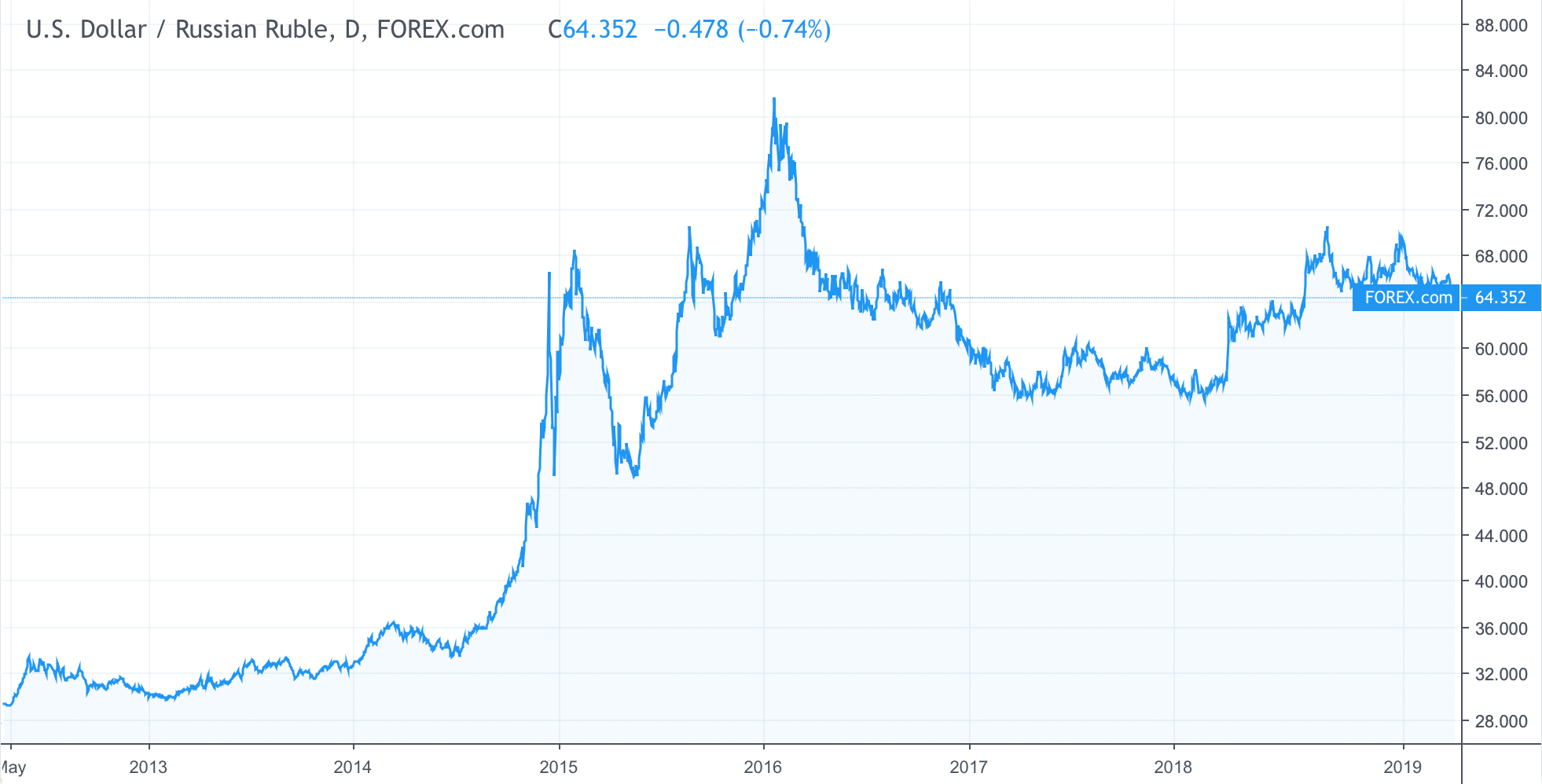
It caused the currency to drop by 50%. Years of hard studies, work, salary, savings, and all my future plans and dreams vanished in just several months causing an incredible feeling of frustration.
My algo-trading side project was very shaky those days. Market volatility surged and made things extremely stressful. My account's daily volatility was comparable to my monthly salary as an iOS dev.
It was a hard-level rat race of carrying out research and development of new algorithms, keeping track of the whole thing. I was splitting myself between my daily job and my side project and it was driving me crazy.
My daily job started to piss me off. There was a management hierarchy reorganization in the company which I didn't like. I didn't like the legacy Objective-C code base and constantly crashing Xcode with Swift.
I accumulated frustration to a peak level and quit.
Epoch 2 — Data Science and Analytics
Having a big experience in research and data analysis which I carried out in finance, I jumped into a position of a data scientist/engineer at a local startup.
I had a plan to improve my data analysis skills and then leverage them in my side algo-trading project.
I remember how optimistic and full of new hopes I was at the beginning. I was shining.
New team, new friends, new tasks. The atmosphere was so cool that I felt myself in a Silicon Valley series.
The Reality Soaked In
This time my daydreams hit the dawn realities rather fast. My salary growth expectations were not met because the startup started to face financial difficulties. They just wasted money on a fancy office. Shit happens. This time it happened to me.
We were also running out of all the interesting tasks. Everyday routine turned so boring that it stopped making any sense.
Again I was on the way to the bottom of disappointment and frustration. This time I decided to fix everything with a hard party. It made worse soon and in the autumn of 2015 not a single fireman in the world could have extinguished my sole fire.
I burned out like never before. I started to hate my job so much that I was ready to do anything instead of it. My mood was to quit the office right and never come back.
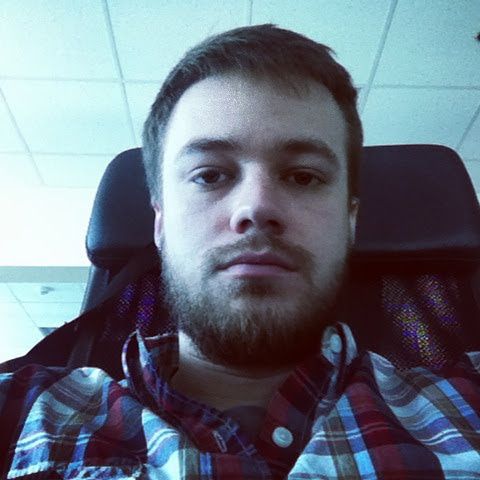
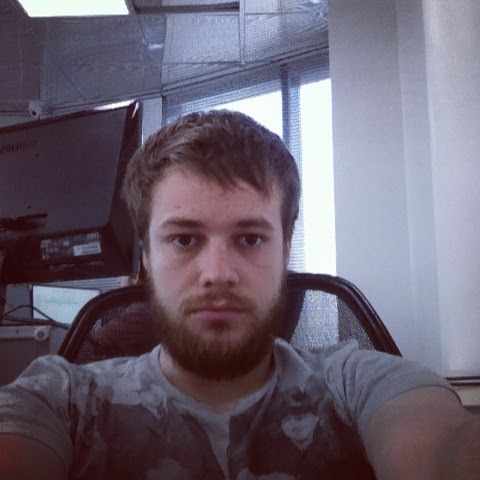
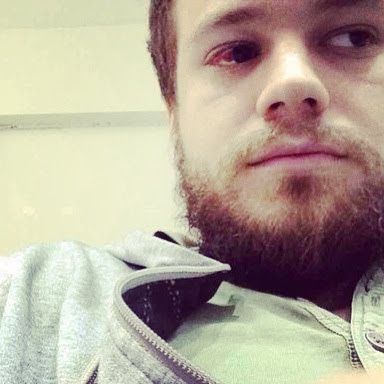
I Started Offline Business
At the moment I hated my job so hard, I hated IT and everything including myself. I was looking for an excuse to quit.
Finally, I found it.
By coincidence, one of my old mates was probably facing a similar shaky situation in life. By another coincidence, we came across an idea to start an offline business. We rented a place in a local mall, set up a tiny shop there, and started to sell water, served in 19-litre bottles there.
As an offline startup, we often had to do a lot of offline things ourselves. Mostly ourselves for the first several months.
Offline things like unloading a huge truck of 19l bottles or spending 24/7 in the mall instead of a salesman.
How was it going? Bad. Very bad.
The rent price was too high and we didn't almost earn anything. I could hardly juggle offline things and my IT job and It burned me down even harder and I think I even lost the sanity at some point.
I Finally Quit IT
You know. It's never so bad that it can't be worse.
I made it worse and quit my IT job.
Then there were several months of downward trajectory of all kinds. I was gradually destroying my life areas by making moves I was not proud of.
When working in IT, you are likely surrounded by well-educated and curious intellectuals. I don't wanna seem snobbish, but switching from a developer's more or less well-paid job to some shabby mall on the outskirts of the city is a total game changer.
It was the most realistic simulator of a bad life that I will never forget.
Epoch 3 — Quantitative Finance R&D
The main outcomes of the previous epoch were that
- I exhausted almost all my savings
- I started to miss IT again
During that time I was coding for pleasure, participated in data science competitions, and even made mobile app prototypes. I was playing with code, just like children play with toys.
Finally, I've not only managed to come back but also made my old student dream come true. I got a job in an HFT investment fund as a quantitative finance developer and researcher.
Worked there for a bit more than a year.
Then it turned out that the myths I heard about fintech are not myths. Fintech is often a squeezer of people and not designed for a reasonable work-life balance.
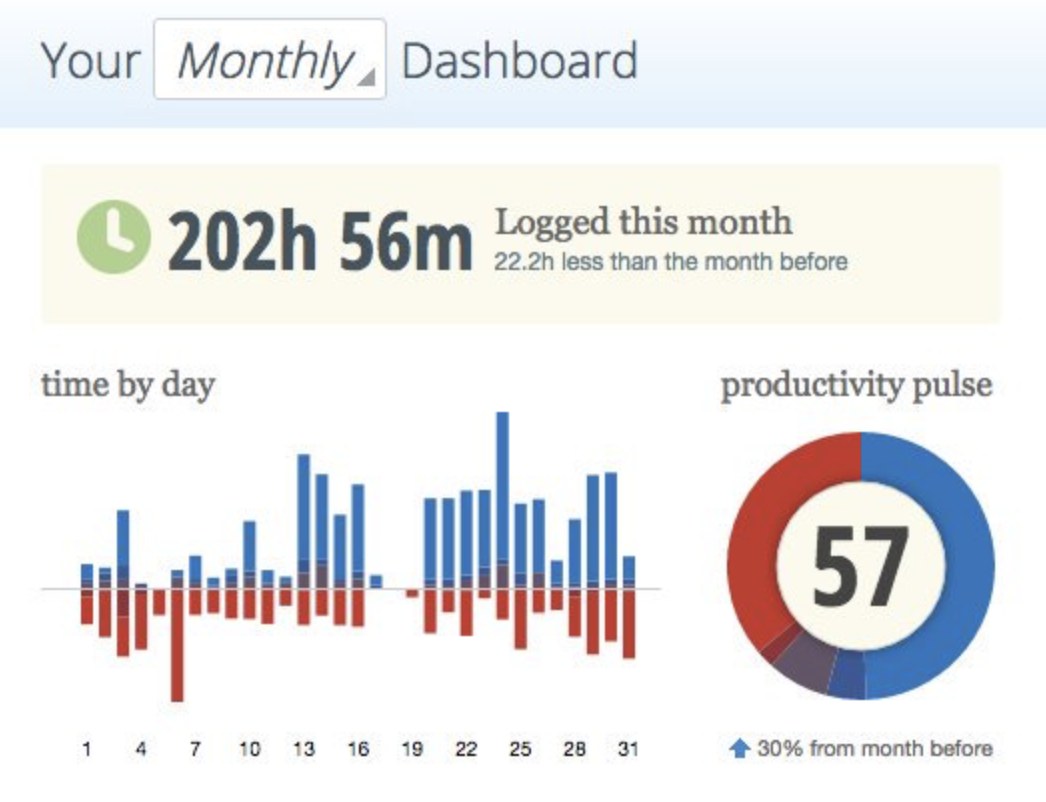
Luckily the company started to face difficulties and lay off its employees.
I remember how happy I was on the last day there. It was early spring, sunny weather, I was having a walk with my lovely GF in the city center and felt like the happiest guy in the world.
Epoch 4 — Freelance iOS Developer
After quitting fintech I got back to what I was missing even more than IT one day - Mobile app development.
I got back to it as a freelancer and since that time it looks like I managed to keep my fire under control.
The short answer is simply a balanced life.
It's very important to keep all the aspects of life in balance: work, relations, relatives, friends, sports, etc. It's really essential not to let life get skewed by one of its aspects.
I've also worked out a set of dummy rules that I always try to follow:
- Only one project at a time
- At least 1-2 forced days off weekly
- Forced-limited daily working hours,
- Ban for night working hours
- Reliable financial management strategy
- Forced 1-2 weeks vacations 2-3 times a year
- Stick-and-carrot-based self-praise strategy that keeps me motivated, rewarded, and satisfied.
- Regular walks
- Sports
Contractor-based way of doing work gave me enough freedom to implement them efficiently by portioning my workload.
Comments